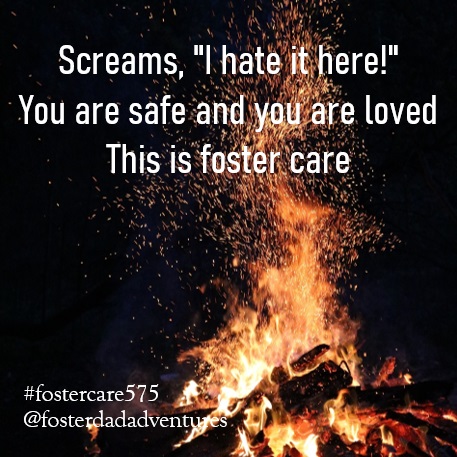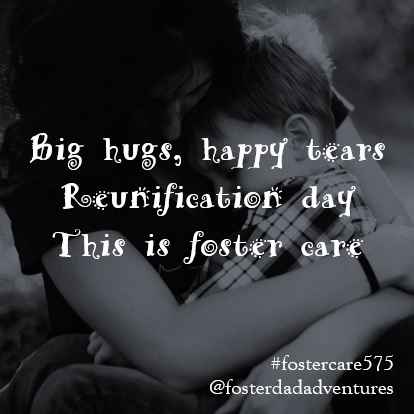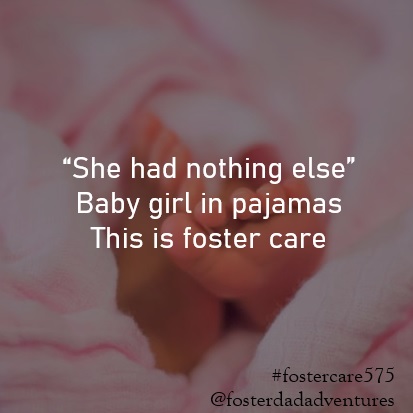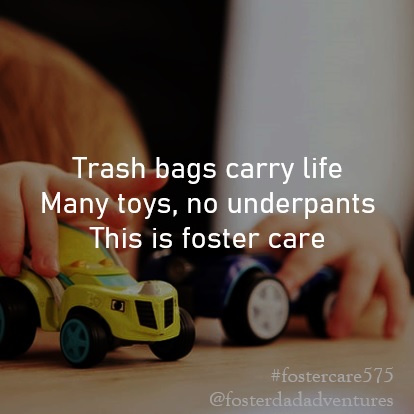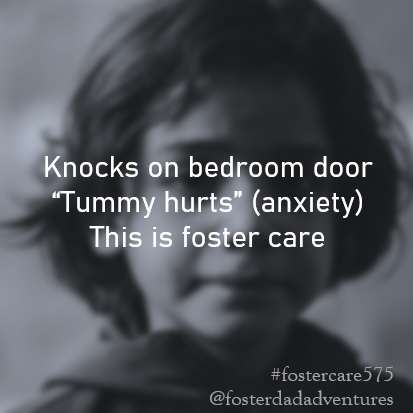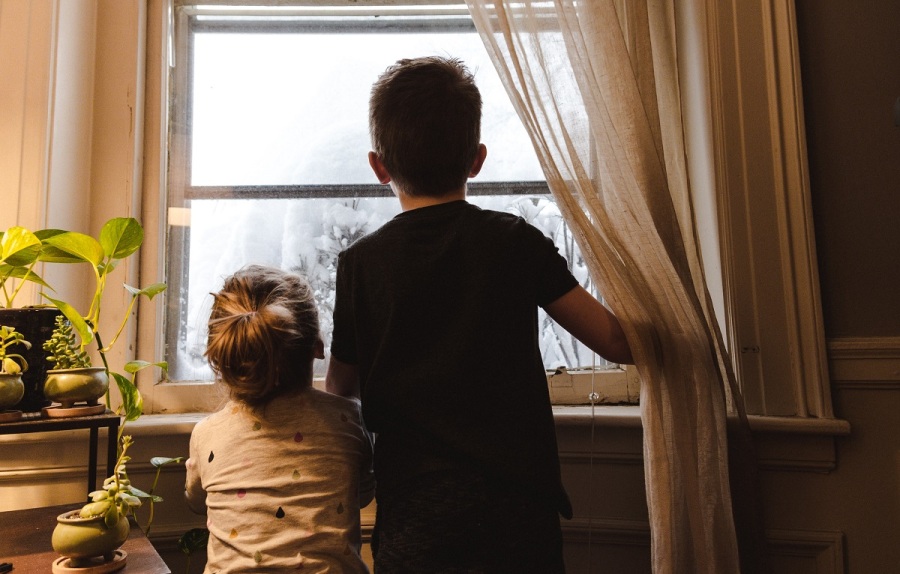May is Foster Care Awareness Month. Let me take a moment to share my story…
When I was still single, I would think: What will family be like when I’m married? I wanted children, that was a given. The older I grew, I began to have the thought that adoption should be a part of that.
My wife and I married at an older age than average (our mid-30s). When we were engaged, we talked about what we imagined our family would be like. We both agreed that we wanted biological children, but then she brought up that she wanted to adopt. When she asked me my thoughts on that my response was a simple, “Okay.”
She said later that she thought she was going to have to have a longer conversation with me about that, wondering how open I was going to be to the idea, and instead I answered with that simple okay without hesitation.
It was settled, then. We would try to have biological children and we would also pursue adoption.
When thinking about the options, we decided to go the route of adopting from the foster system. Part of this came from her experience as members of her family were involved in fostering and fostering to adopt. We signed up for training and began the process as an “adoption only” family.
But then something changed.
In the course of training, we became more aware of the need. Every day the state has to intervene in the lives of children because, for various reasons, their home is not at present a safe place to be. These children need families to welcome them in for a season, providing a safe and loving home, while the state works with their parents and creates a plan to return the children home. If not enough foster homes are available, then either children get left in unsafe environments or they get placed in residential facilities where their needs will be cared for but that intimate sense of family is lacking. (I used to work in such a facility. As much as we tried to give it a family-like feel, it is not the same.)
Having our eyes opened to the need, we both decided that even though we still had the desire to adopt, we also wanted to be involved in a way where we would take care of children for a season until they could go back home.
To date, we’ve been fostering for over two years. Along the way, we have welcomed a biological son and have not yet been involved in a situation where adoption was the goal. We have had seven children across four placements, with a fifth placement soon to come. Of our four placements, two have reunified with parents, one moved out of state with family, and one moved to a different foster home.
Why do we open our home to children who will only be with us for a season? Why do we risk the pain of saying goodbye again and again to children who have spent significant time living with us?
It’s simple: A need exists and God calls us to love others by meeting the needs that we can. And of children, God tells us: “Pure and undefiled religion is this: to look after orphans and widows in their distress…” (James 1:27 CSB).
No, most children in foster care are not orphans in the classical sense of the word. But they are children in need of a temporary home until they can return to their permanent home.
When my wife was pregnant with our son, we were asked the question on more than one occasion: “Are you still going to foster?” Our answer, without hesitation, was yes. This is our present mission. This is how we serve. We don’t know how long God will lead us to keep doing foster care, but we have no plans to stop in the foreseeable future.
If you’d like more information on foster care, becoming a foster parent, or helping those who are, please contact your local Children’s Division office or reach out to me. I’d love to see more people doing what we do.
Image credit: Photo by Kelly Sikkema on Unsplash

